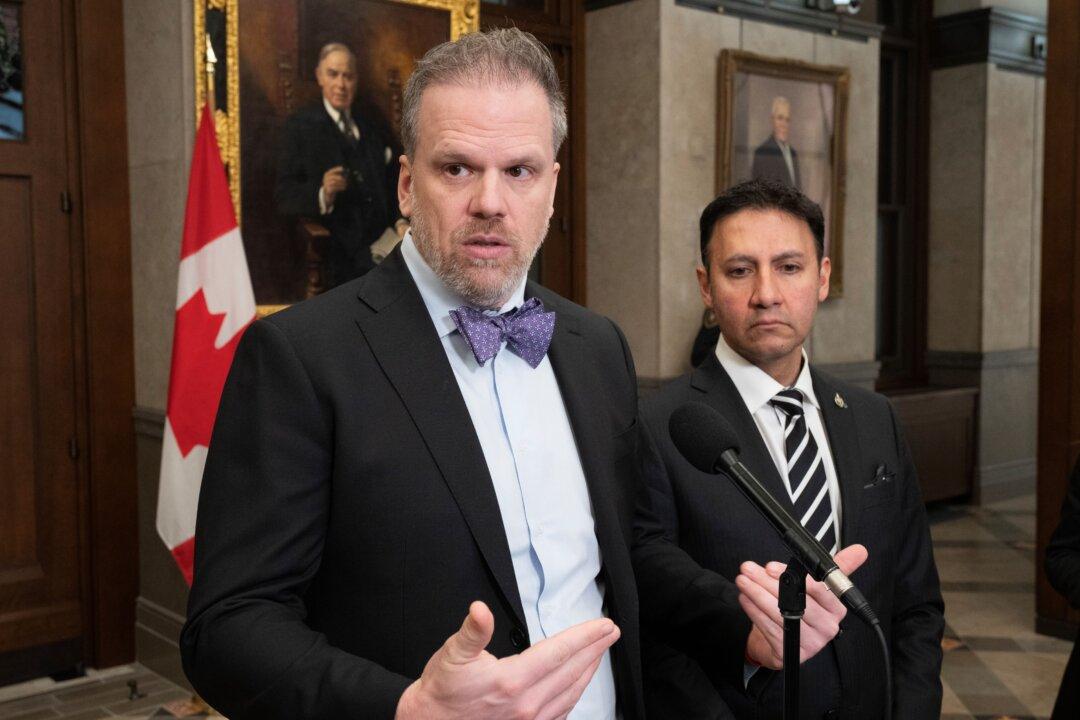Commentary
The steady increase in recourse to the Canadian euthanasia program, known as Medical Assistance in Dying (MAID), is attracting increasing attention from supporters, critics, and international observers.

The steady increase in recourse to the Canadian euthanasia program, known as Medical Assistance in Dying (MAID), is attracting increasing attention from supporters, critics, and international observers.